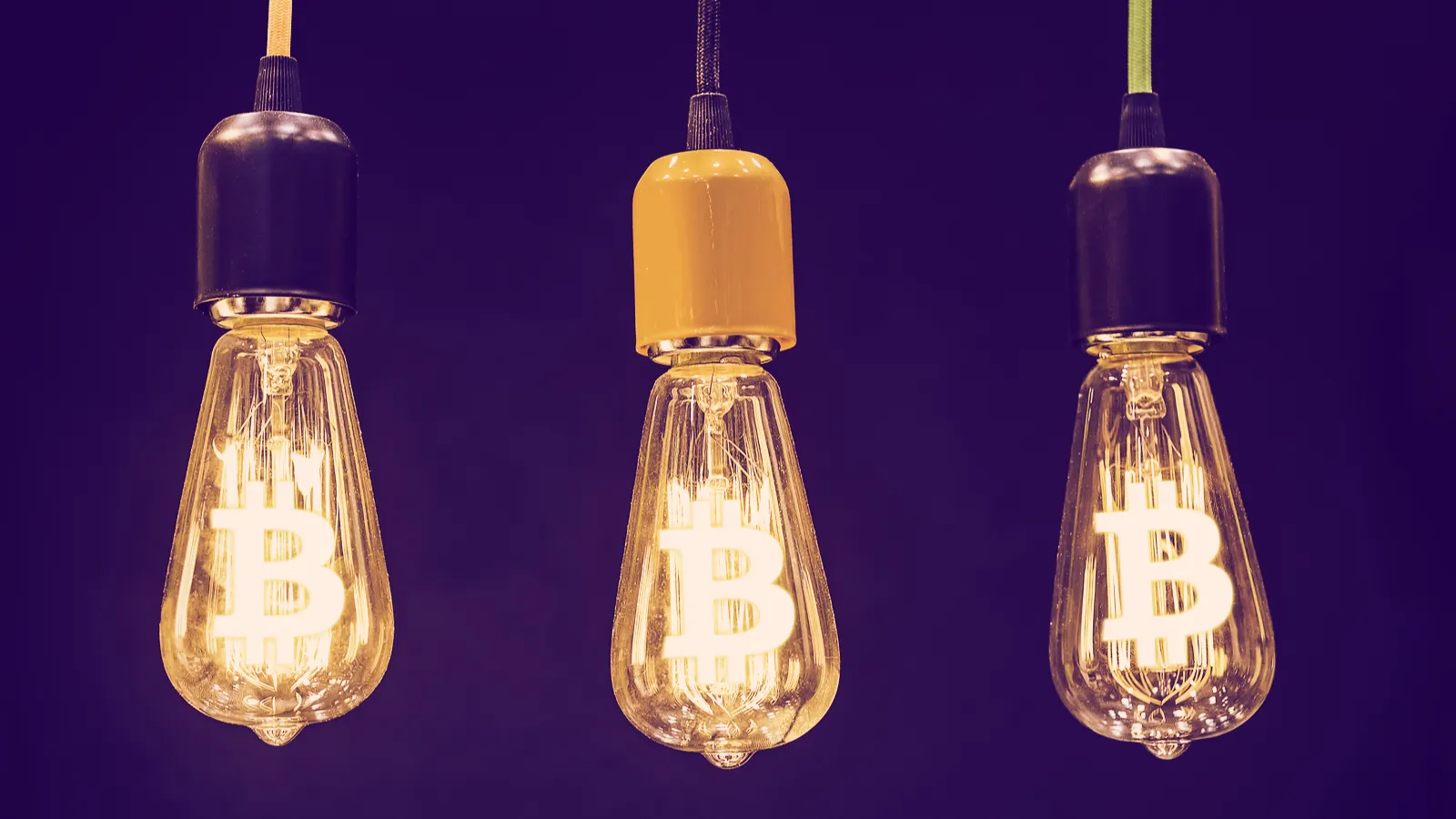In brief
- The Bitcoin halving will wipe out old miners.
- But they can remain profitable for longer by cutting down on operating costs.
- But newer, faster miners will eventually squeeze them out of the market.
Tuesday’s Bitcoin halving will eventually wipe out all inefficient miners, Johnson Xu, Chief Analyst at research firm TokenInsight, told Decrypt. But Xu said there’s a way to keep these energy-intensive machines profitable after the Bitcoin halving: find cheaper electricity.
On Tuesday, the amount of Bitcoin that miners receive for Bitcoin mining will cut in half—that’s why it’s called the halving. This effectively cuts mining revenue in half and means that miners will have to work twice as hard to earn the same amount of Bitcoin. To compensate, mining farms will introduce more powerful miners, squeezing inefficient miners out of the market.
But people with older miners can still turn a profit after the halving, said Xu, by keeping their electricity and operation costs "sufficiently low.”
“If the miners don’t have access to the most efficient mining machine, then the miners have to consider lowering electricity and operations expenses in order to compete with other miners and compensate for the disadvantages of owning outdated hardware,” he said.
There are a few ways that miners can cut down on electricity costs. Many mining farms are set up in places where electricity is incredibly cheap, like some regions of China. In China, "there are some miners who can access sub-$0.02/kwh electricity. However, these are extremely rare cases,” said Xu.
Another way to save on costs would be to relocate Bitcoin miners to cold regions. In colder regions, operators of Bitcoin miners don't need as much energy to cool down the miners, so they can pocket the extra cash.
But this won't last forever
Miners with access to cheap electricity would have a “significant advantage,” said Xu, because they can continue to use outdated hardware to mine Bitcoin.
But they can only do this until the total network hash rate—the metric for the combined computational power of Bitcoin miners—grows significantly due to the influx of more powerful computers.
“Once these latest mining machines slowly replace the network hash rate, they will eventually squeeze out all the outdated hardware in the long term,” he said.
For anyone who can’t scrimp on running costs, the only way to profit is to throw money at the problem. “The best way to prepare for the halving is to run the most efficient miners,” said Xu.
If miners can’t get their act together by Tuesday, they have four years to prepare for the next Bitcoin halving.

